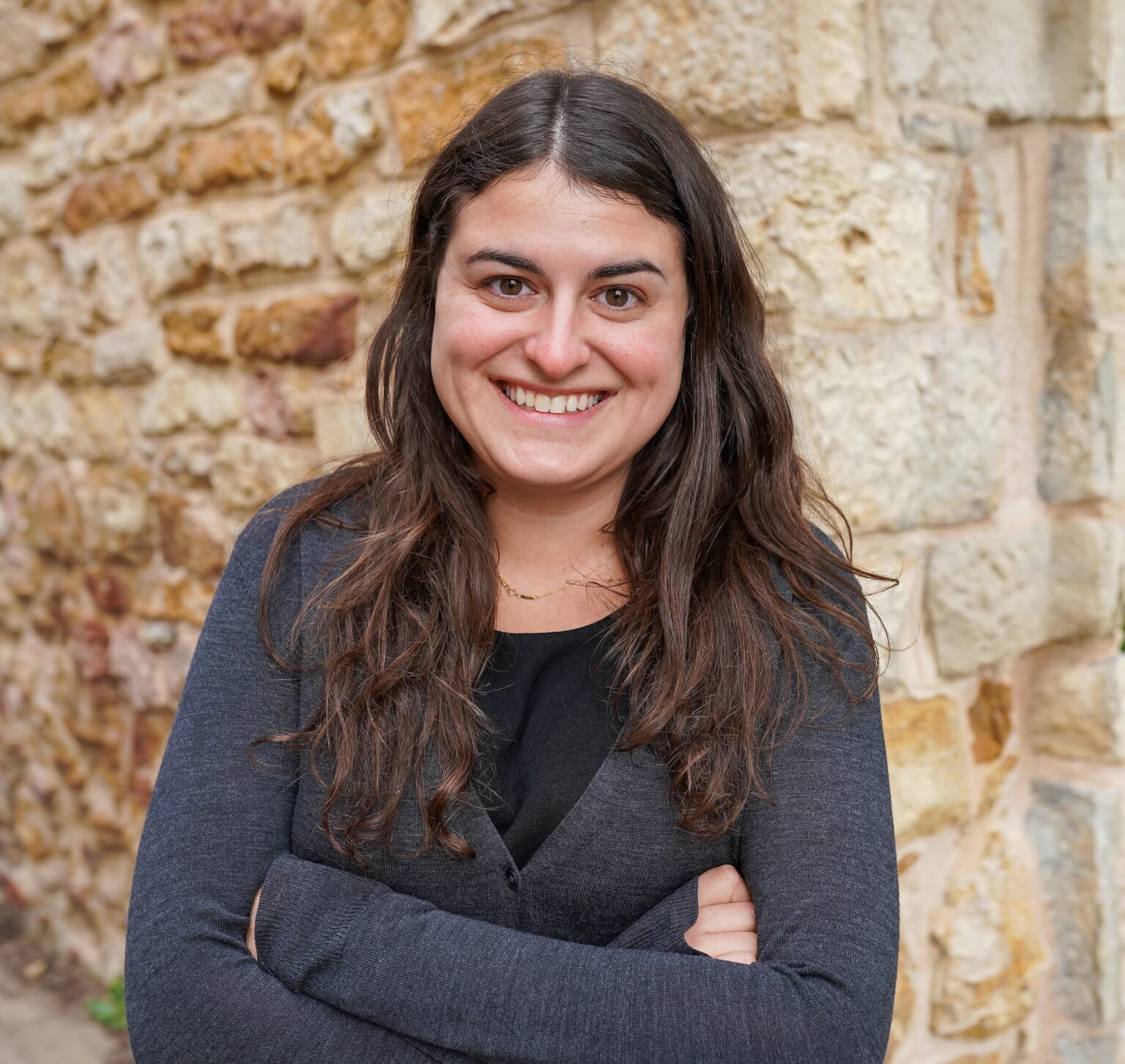
Madelaine Abel, PhD – Massachusetts General Hospital
Dr. Madelaine Abel is a Postdoctoral Fellow in the Child CBT Program at Massachusetts General Hospital (MGH). She completed her PhD in Clinical Child Psychology at the University of Kansas in 2022, along with a predoctoral internship in Clinical Psychology at MGH. A major focus of her research is examining the etiology and treatment of internalizing disorders (anxiety, depression) in children and their families. Dr. Abel is committed to conducting research that can inform efforts to increase children’s access to evidence-based care. To this end, Dr. Abel has studied family processes that increase and mitigate risk for child internalizing disorders, with the goal of informing mechanism-targeted treatment development. She has been involved in several projects evaluating primary treatment outcomes and studied family-level mechanisms of change in treatment, with the intention of matching treatments to children who will most benefit from them.
Cognitive Behavioral Therapy (CBT) is the treatment of choice for child and adolescent anxiety. However, up to 80% of youth with anxiety disorders do not access the services they need. CBT clinics nationwide have extremely long waits, on the order of 10-12 months. This leads to a vicious cycle, as children waiting for care experience worsening symptoms and decreased motivation, so that by the time they access care, their needs are more intense and the treatment lasts longer and it takes longer for new children to be able to be assigned.
The primary goal of Dr. Abel’s AIM Fellowship project is to evaluate the acceptability and efficacy of a single-session, self-guided, online intervention delivered to parents of children ages 5-12-years-old who are on the waitlist for outpatient CBT. The intervention takes 30 minutes to complete and targets parent accommodation, a tendency to facilitate avoidance and enable anxious coping that has been shown to maintain and worse child and anxiety OCD. Dr. Abel will conduct a randomized controlled trial to assess whether this brief intervention can prevent worsening of anxiety symptoms while children are on the waitlist and enhance the reduction of anxiety once children start treatment, thereby reducing treatment length.
Online, self-guided interventions offer a promising method to deliver brief, targeted services to parents of children on lengthy psychological services waitlists, potentially providing families with a boost prior to services start and even reducing the need for long-term therapy once they do access treatment, thereby increasing access for others. Dr. Abel plans to use findings from her research to guide future efforts to disseminate and increase children’s access toevidence-based treatment for anxiety and OCD.